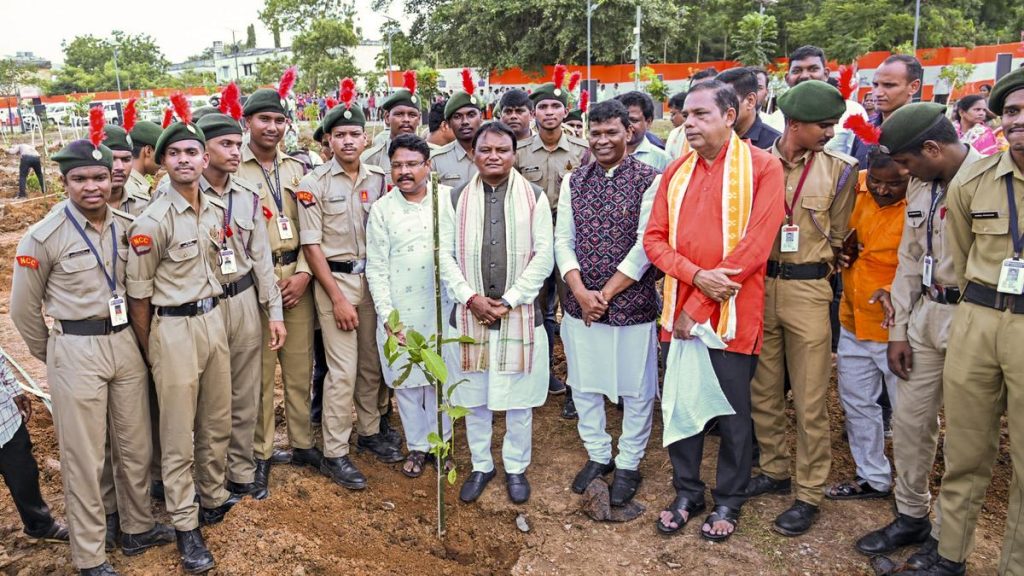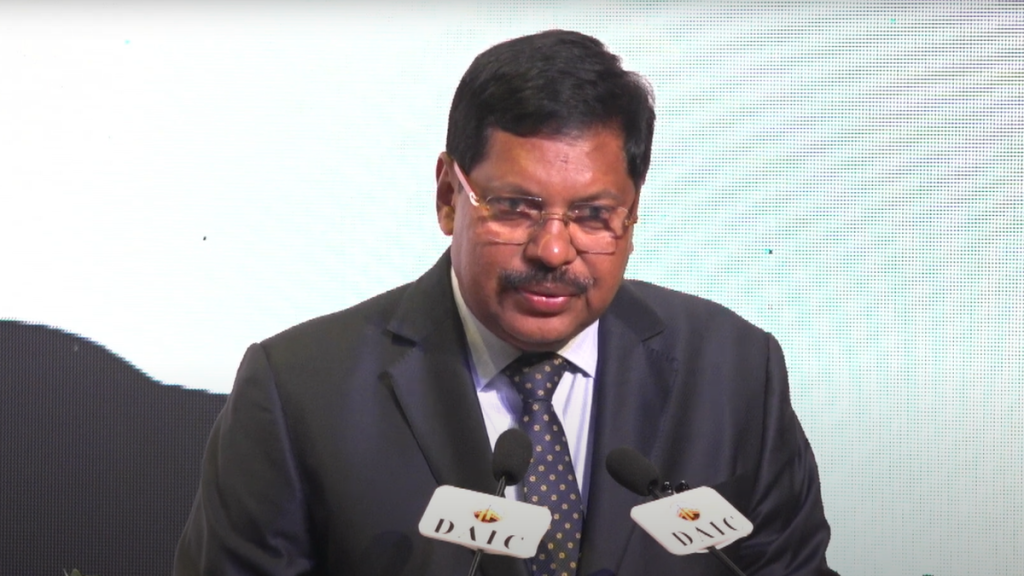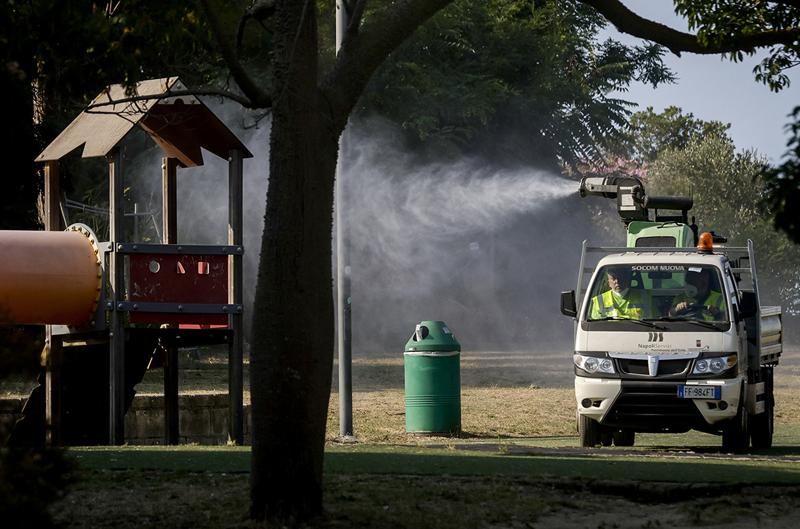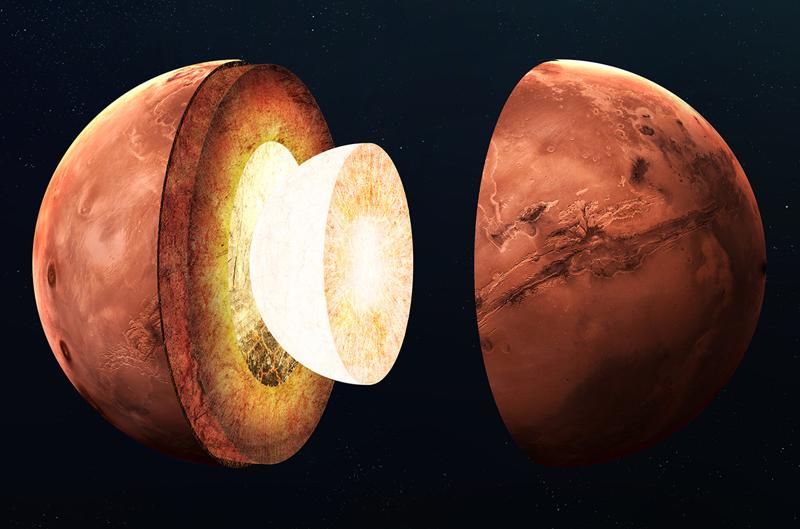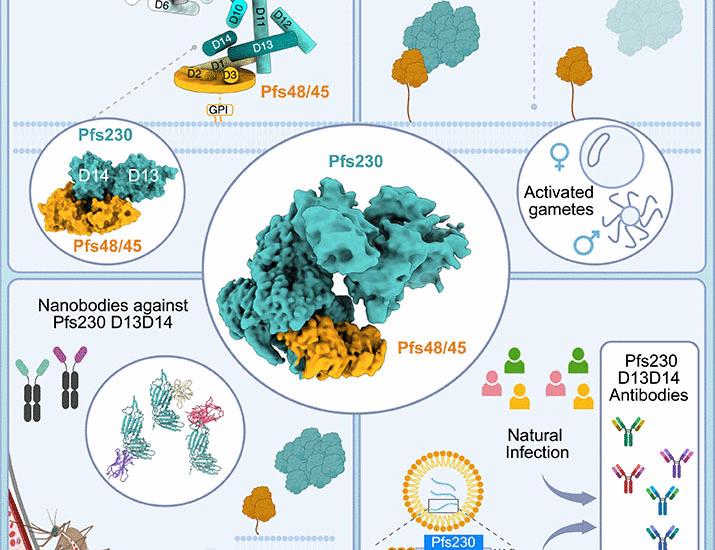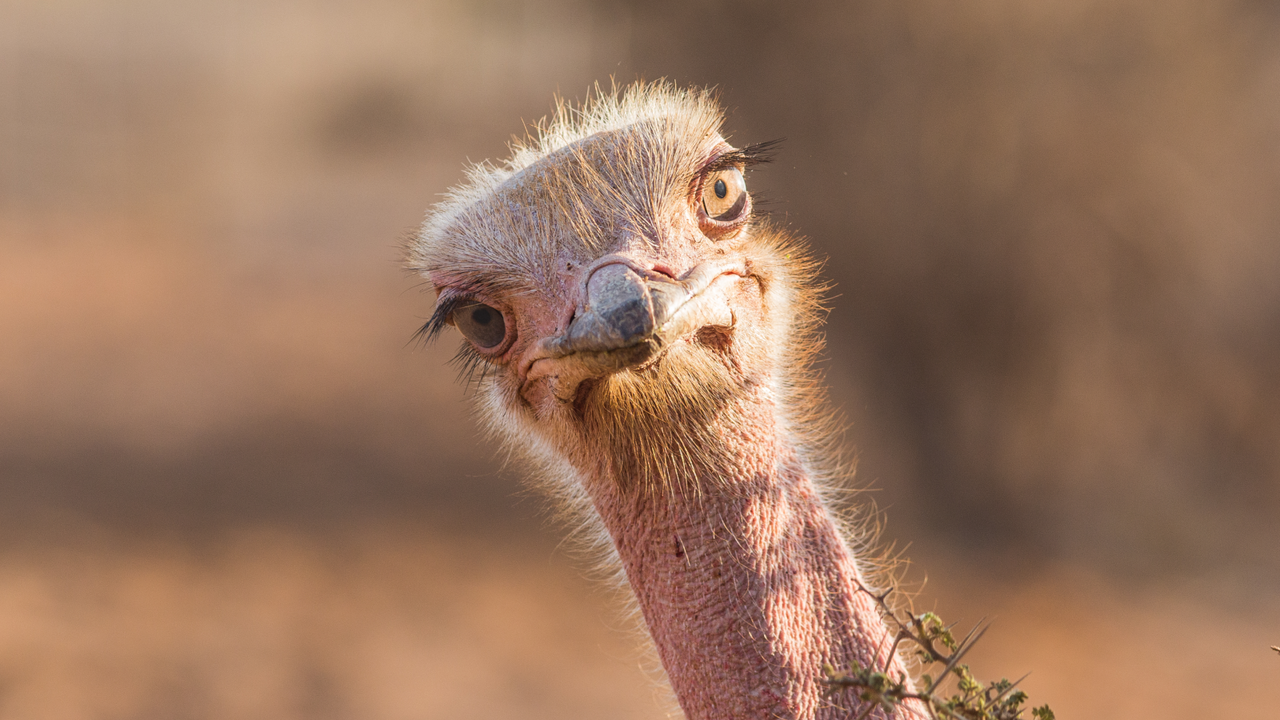Now Reading: World’s Oldest Dome-Headed Dinosaur Unearthed in Mongolia’s Gobi Desert
-
01
World’s Oldest Dome-Headed Dinosaur Unearthed in Mongolia’s Gobi Desert
World’s Oldest Dome-Headed Dinosaur Unearthed in Mongolia’s Gobi Desert
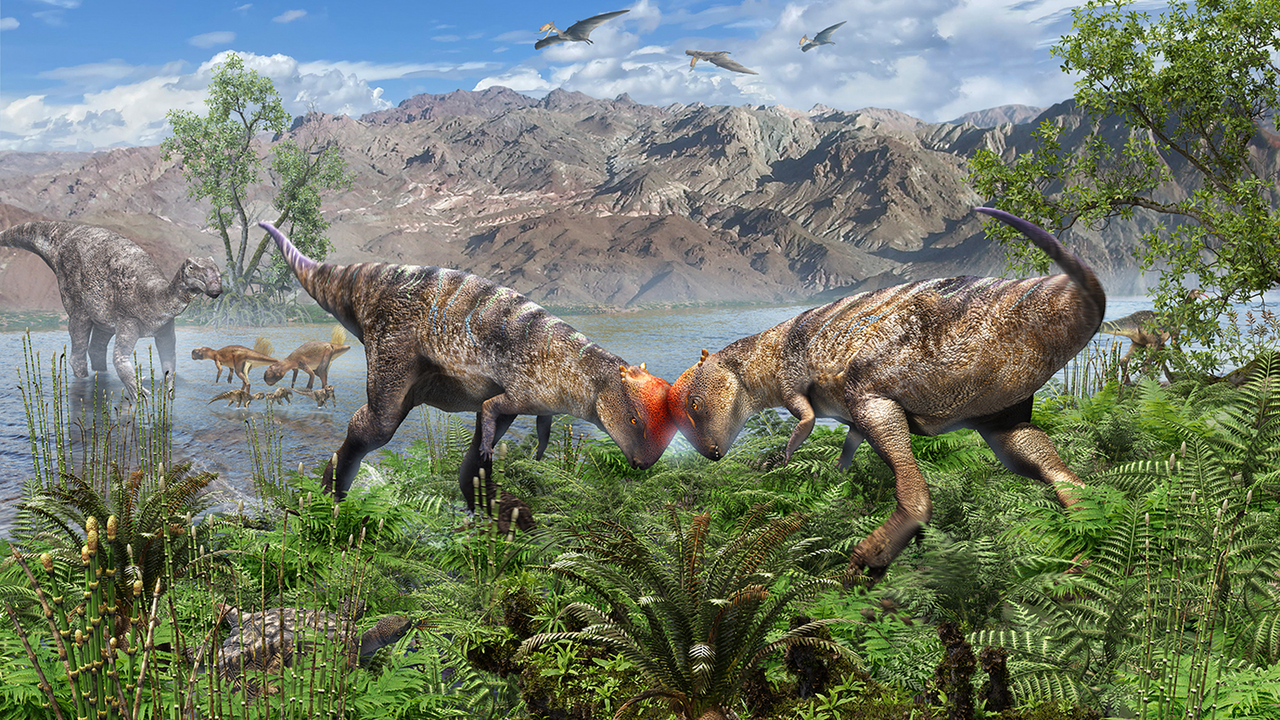
Rapid Summary:
- Paleontologists discovered the oldest and moast complete dome-headed dinosaur fossil, Zavacephalae rinpoche, in Mongolia’s Gobi Desert.
- The fossils date back 108-115 million years, pushing the timeline of dome-headed dinosaurs (pachycephalosaurs) back by about 15 million years.
- Z. rinpoche is named with Tibetan and Latin roots meaning “precious origin head” due to its skeletal prominence on a cliffside.
- The specimen includes 54% of its bones: a fully developed dome-shaped skull,tail,limb bones,stomach stones for grinding food; it measured roughly 3.3 feet long and weighed around 12.9 pounds.
- Growth rings indicate Z.rinpoche was still growing but had reached sexual maturity while retaining juvenile traits-a first for pachycephalosaur biology studies.
- Scientists hope this discovery will shed light on how their unique rounded skulls evolved since most previous finds were incomplete.
Indian Opinion Analysis:
This breakthrough in paleontology underscores advancements that enhance global understanding of evolutionary biology. For india, which shares geological ties with other parts of Asia, it highlights the importance of collaborations in international scientific research within ecosystems like Mongolia’s Gobi Desert-geographically proximate yet distinct from regions such as India’s fossil-rich Deccan Traps.
India can leverage discoveries like these by integrating them into public science education or using them as an inspiration for further paleontological exploration domestically. Prioritizing research funding could lead to findings comparable to this-and even broaden knowledge about prehistoric biodiversity or climatic shifts in South Asia during critical eras such as the Cretaceous period.
India’s involvement in multidisciplinary initiatives could further amplify contributions from researchers across borders who seek to unravel mysteries surrounding evolutionary timelines-a important step toward fostering scientific excellence globally.



